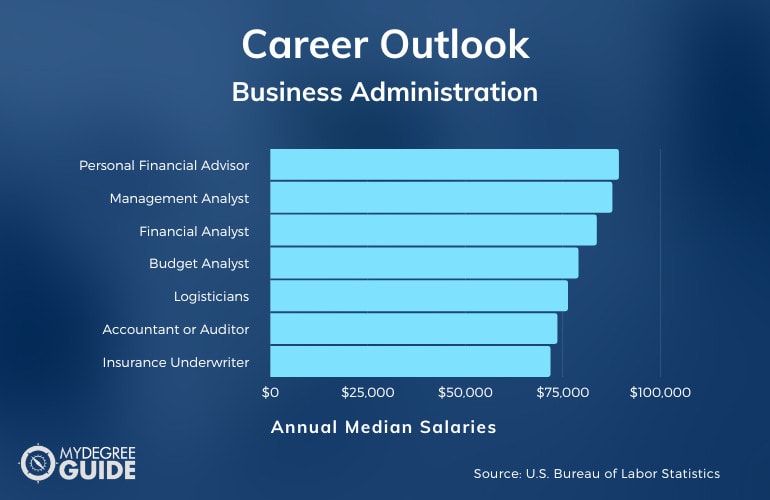
There are some things to keep in mind when changing careers at 50. Focus on your transferable skills if you are looking for a new career. These skills can make or break a career. Some examples of transferable skills include leadership, teaching, mentoring, and public speaking. These skills should be highlighted on your resume. This is an important step to help you navigate the career change process.
Career changes
Research the field that interests you if you're looking to change your career. Make sure to find out what the job entails, as well as what the salary will be. It is also important to consider what education is required for this new job. Part-time jobs in some areas allow you to both learn and earn. Talk to a career counselor if it is not clear which path you should take.

Find a new job
Networking is a great way to find a job quickly. Even though there is a smaller pool of jobs available once you turn 50, you still have a wide network of people that you can connect with and share your work with. Using social media such as LinkedIn is an excellent way to keep up with the companies you're interested in, and you can also ask former colleagues for connections.
Getting a new job after 50
It is possible to find a new job if you are a Baby Boomer or an Older Worker. Although age may be a factor, it shouldn't stop you from looking for a job. Whether it's a new field or a change in career, it's never too late to take the plunge.
Planning for a career change
The thought of making a career transition can be scary at any age. But it is even more difficult for people over 50. Because you have a professional name and might have family responsibilities, a career pivot can be daunting.
Retire at 65
There are many options for those who want to retire at 65. There are two options. You can choose to remain in the same job or switch careers. This is a great way for you to revitalize your career. But, if your goal is to retire early, you need to think about the financial implications of changing careers. Many people will have the opportunity to lose a few decades of work, which could impact their health. You may be able to retire earlier if there are enough savings.

Planning for retirement
Changing careers at the age of 50 is a major life change that can be rewarding and fulfilling - but it can also come with a hefty price tag. People often face the financial reality that their former employer will cut their wages. You also lose your retirement benefits and contributions. It is important to make wise decisions when saving for retirement.